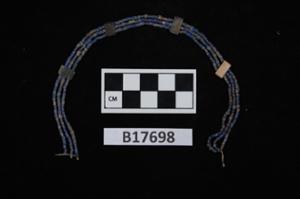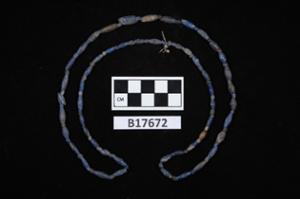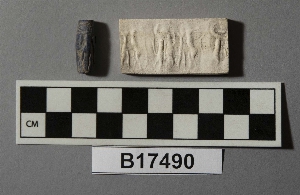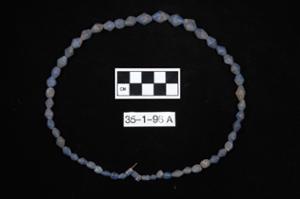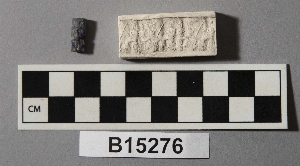Ur, Iraq
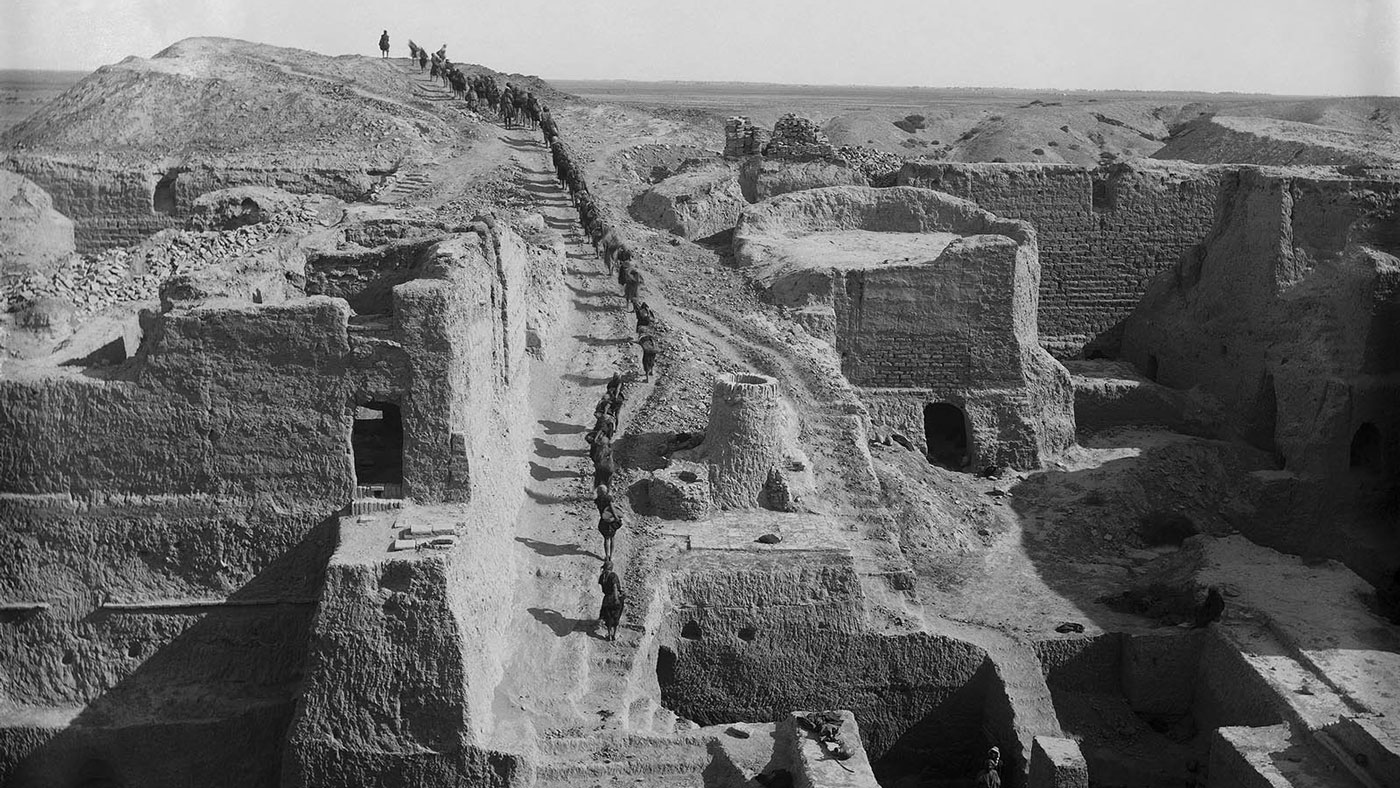
Located in southern Iraq, near the former northern limits of the Persian Gulf, Ur was one of the most famous archaeological excavations—along with Tutankhamun’s tomb in Egypt—during the early 20th century. Frequently described in the popular press, the work at Ur brought the magic of archaeology to life, particularly by tying the discoveries into familiar biblical stories. Between 1922 and 1934, the Joint Expedition of the British Museum and the Penn Museum was directed by C. Leonard Woolley and uncovered some of the most well-known and celebrated art from ancient Mesopotamia. These finds were divided between the two partner institutions (25% each) and the Baghdad Museum in Iraq (50%).
- Object[475]
- no[475]
- near eastern[475]
- amulet[5]
- bead[131]
- beads[42]
- belt[2]
- brim[8]
- cape (clothing)[1]
- choker[7]
- cloak beads[1]
- cockle shell[1]
- comb (hair - grooming tool)[2]
- cuff[5]
- cylinder seal[28]
- drinking tube[3]
- flower[8]
- foil fragment[1]
- frontlet[2]
- game piece[2]
- garment pin[12]
- hair comb[3]
- hair pin[7]
- handle[1]
- head ornament[1]
- inlay[9]
- jewelry[18]
- jewelry fragment[4]
- nail[1]
- necklace[3]
- needle[10]
- pendant[2]
- pin[20]
- pin head[6]
- pinhead[1]
- pommel[1]
- raw material[2]
- scepter[1]
- spindle[1]
- string of beads[149]
- wreath[7]
- agade[5]
- assyrian[3]
- early dynastic iii[29]
- early dynastic iiib[3]
- isin larsa[4]
- jemdet nasr[8]
- kassite[1]
- minor dynasty[8]
- sargonic[2]
- sargonid[1]
- ur i[1]
- ur iii[1]
- a.h., g 305[1]
- b.c., larnax grave, bur-sin, se annex[1]
- g 137, a.h.[1]
- g 244, a.h.[1]
- g 67, a.h.[1]
- g. 222, a.h.[1]
- g. 292, a.h.[1]
- n.t. grave 3/37[1]
- p.g. 1329[1]
- pg 1006[1]
- pg 1027[2]
- pg 1054[1]
- pg 1054 c[1]
- pg 1054, domed structure[1]
- pg 1054-c[2]
- pg 1054c[6]
- pg 1055c[1]
- pg 1116[1]
- pg 1133[2]
- pg 1157-15[1]
- pg 1157/18[1]
- pg 1157/19[1]
- pg 1157/23[2]
- pg 1170[1]
- pg 1186[1]
- pg 1195[2]
- pg 1205[1]
- pg 1234[3]
- pg 1236, chamber b.[1]
- pg 1237, body 64[2]
- pg 1237/11[1]
- pg 1237/16[3]
- pg 1237/2[1]
- pg 1237/22[1]
- pg 1237/30[3]
- pg 1237/4[2]
- pg 1237/40[4]
- pg 1237/45[2]
- pg 1237/47[3]
- pg 1237/51[1]
- pg 1237/59[1]
- pg 1237/64[6]
- pg 1237/64 (from g or j)[1]
- pg 1237/67[7]
- pg 1237/69[4]
- pg 1237/70[5]
- pg 1237/8[8]
- pg 1276[1]
- pg 1310[1]
- pg 1316[2]
- pg 1329[1]
- pg 1332[1]
- pg 1335[2]
- pg 1337[1]
- pg 1401[1]
- pg 1403[1]
- pg 1404[1]
- pg 1510[1]
- pg 1608[1]
- pg 1615[1]
- pg 1618[6]
- pg 1646[1]
- pg 1648[8]
- pg 1651[1]
- pg 1702[1]
- pg 1720[1]
- pg 1749[9]
- pg 1786[1]
- pg 1815[1]
- pg 1816[1]
- pg 1828[1]
- pg 1845, burial h[3]
- pg. 1332[2]
- pg. 1337[1]
- pg. 1490[1]
- animal[1]
- animals[1]
- antelope[3]
- banquet[1]
- bird[1]
- branch[1]
- bull[7]
- cow?[1]
- crescent[3]
- deer[1]
- dog[1]
- dog?[1]
- drinking tube[1]
- enkidu[3]
- eye[1]
- eyes[1]
- flower[7]
- fly[1]
- gate[1]
- geometric pattern[2]
- gilgamesh[3]
- goat[2]
- god[1]
- hero[2]
- heroes[1]
- hunter[4]
- ibex[2]
- leaf[1]
- lion[7]
- oryx[1]
- palmette[3]
- pazuzu head[1]
- plant[1]
- pot[1]
- seated figure[2]
- seated goddess[3]
- standing figure[1]
- symposium[1]
- table[1]
- tree[3]
- worshipper[1]
- agate[16]
- alabaster[3]
- amethyst[4]
- bone[2]
- bronze[23]
- carnelian[170]
- chalcedony[1]
- copper[30]
- copper alloy[3]
- diorite[3]
- egyptian blue[2]
- faience[3]
- frit[6]
- garnet[1]
- glass[2]
- gold[177]
- gold foil[1]
- hematite[3]
- jasper[6]
- lapis lazuli[475]
- limestone[6]
- marble (stone)[4]
- obsidian[1]
- paste[11]
- porphyry[1]
- quartz[14]
- rock crystal[1]
- sard[1]
- shell[24]
- silver[59]
- steatite[3]
- stone[8]
- turquoise[2]
- actual citation[75]
1 - 30 of 475 Records
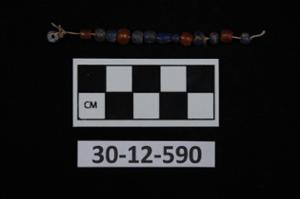
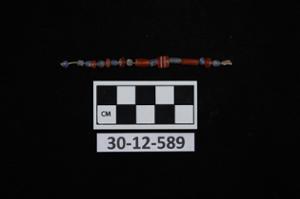
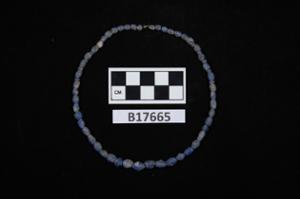
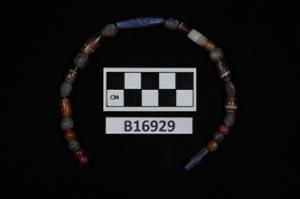
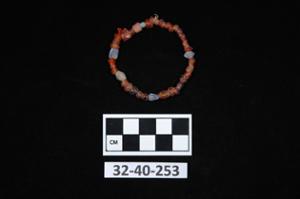
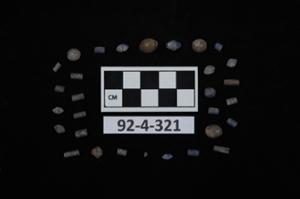
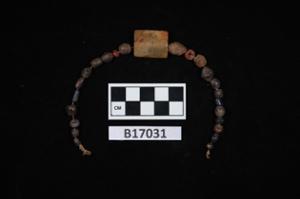
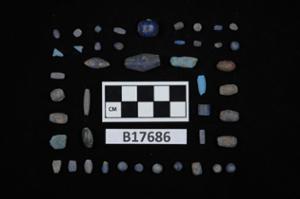
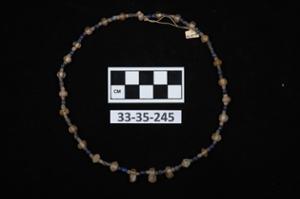
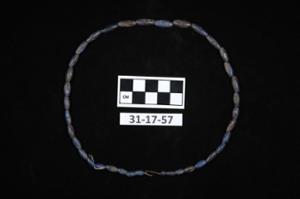
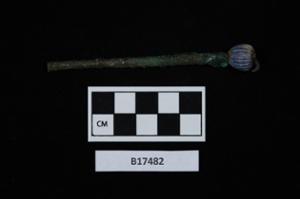
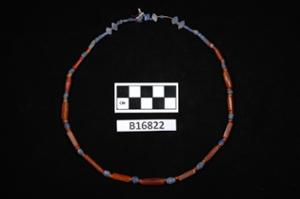
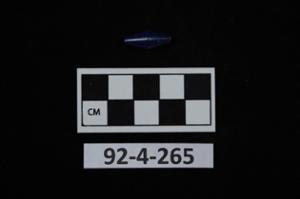
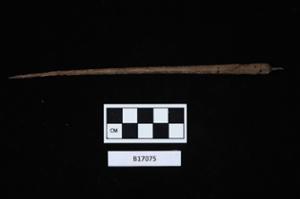
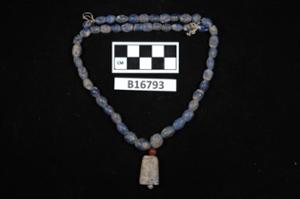
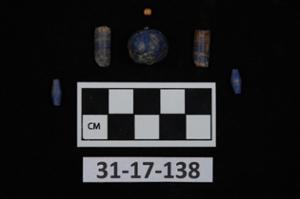
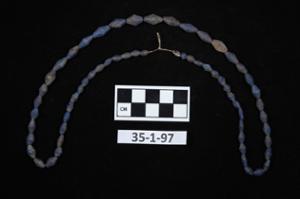
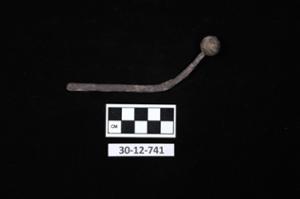
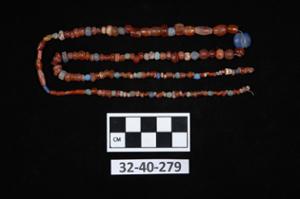
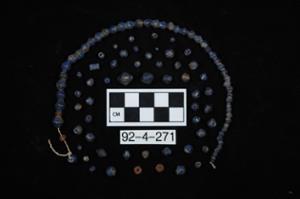
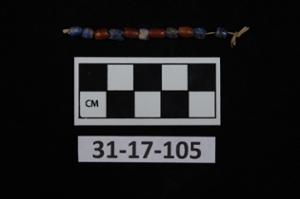
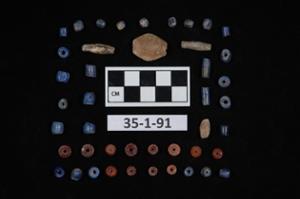
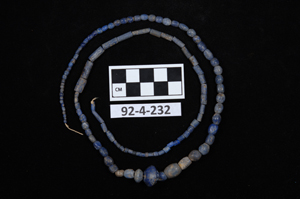
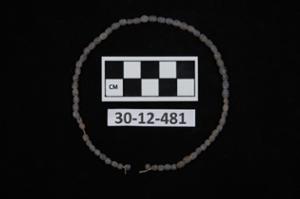
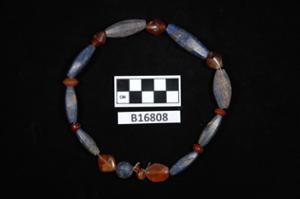
1 - 30 of 475 Records


